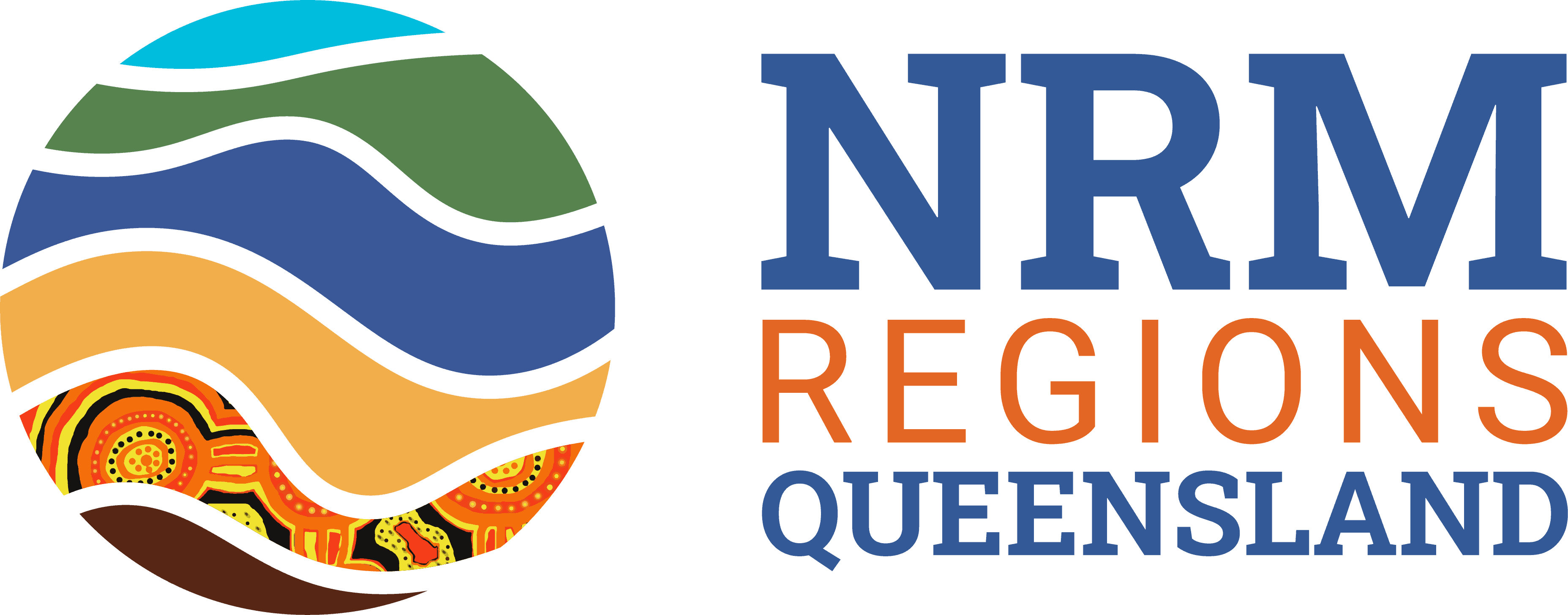At its AGM in October 2022, NRM Regions Queensland presented its Annual Report and financial statements.
Introducing the report, NRM Regions Queensland Chair Julie Boyd said 2021-22 saw NRMRQ consolidate its position as the go-to organisation for the natural resource management sector.
“Having had a federal election and a new government installed, NRMRQ has hit the ground running to ensure it connects and engages with the new Government,” Julie said. “We started undertaking a review of our strategic plan and the Board has been focussed on looking to the future while building on our two-decade history of delivering for our NRM organisations in Queensland.”
“We recognise that this is not a time for a business-as-usual approach. We’re taking a broader view about what NRM looks like in a future Queensland and we’re more focused on strategic operational matters.”
The Annual Report delves into the initiatives managed by NRM Regions Queensland in the last financial year, many of them with a focus on collaboration. That includes summaries from the sector’s communities of practice, reports from the Paddock to Reef, SWIF and Regional Coordination and Evaluation Project.
Chris Norman, CEO of NRM Regions Queensland also introduces key findings from $500,000 worth of research recently undertaken by the sector to quantify our impact and value across the state.
“The research, which was funded by the Department of Resources, was undertaken so that we could tell more compelling stories about the work we do,” Chris said. “It found that 100% of regional NRM organisations have community engagement skills which they use to facilitate community networks, develop partnerships and build capacity. 100% of those organisations also boast skills in natural area restoration, regional NRM planning, water monitoring and biodiversity monitoring.”
Another finding from that research was the significant economic impact regional NRM organisations are making at the local level. More than 35% of regions regularly outsource work such as biosecurity, cultural heritage management, natural area restoration, fire risk planning, erosion and sediment control, and community engagement to other local businesses building capacity in regional communities. This outsourcing contributes to building local skills, regional employment outcomes and economic stability across regional Queensland.
The key finding of this research though, was the enormous contribution made to the Queensland economy by our members. Regional NRM contributes $183 million to the economy, directly employing 268 FTE staff and indirectly creating a further 367 FTE jobs.
This research also found that for every $1 of state funding received, $4.20 of cash and in-kind was leveraged.
Download the 2021-22 NRM Regions Queensland Annual Report here
